V4 REPORTS

The project focuses on the areas that are among the most serious challenges for the security of modern Europe. Their various aspects affect individual European countries and the European Union as a whole. The V4 states located on the eastern flank of the EU and NATO have a unique perspective and competence in this regard. Therefore, we consider it essential to establish a permanent platform for cooperation between partners, which will translate not only to the exchange of information at the expert level, but also improve dialogue between V4 members – will allow for better understanding, improve communication and, as a result, will enable common solutions for effective bilateral cooperation, regional and pan-European as part of the CSDP and strengthening Europe’s security.
Project is supported by the International Visegrad Fund
CONFERENCE AND REPORT
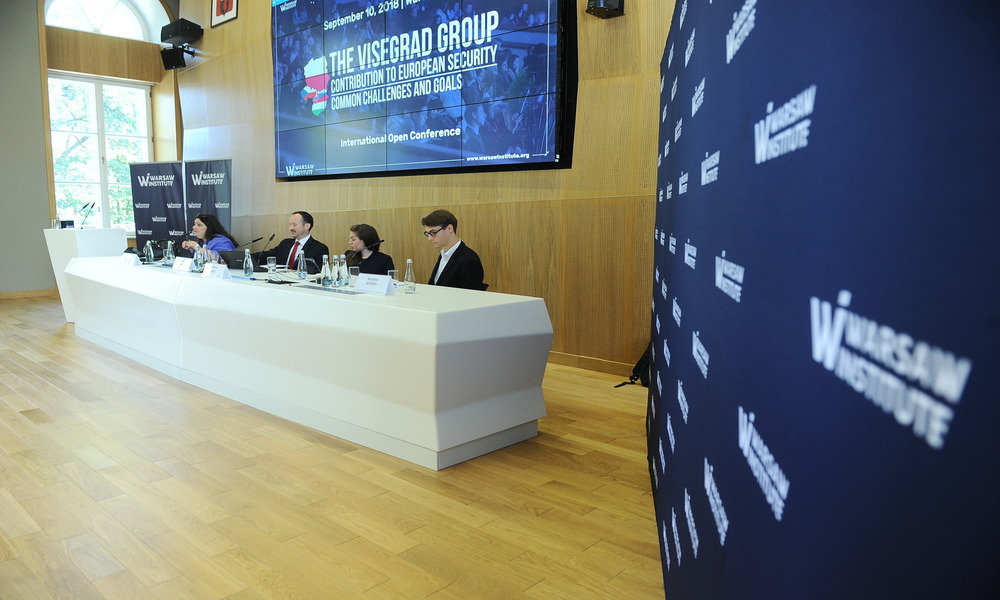
Report: Security of V4 Countries in EU
The cooperation of the Visegrad countries in the field of security in the European arena was the main topic raised during the international conference at the University of Warsaw. The report is based on the analyzes presented during the thematic panels.

Summary of The Visegrad Group Contribution to European Security Conference
On September 10, 2018, Warsaw Institute in cooperation with the International Visegrad Fund and think tanks from Central and Eastern Europe organized an international conference.

Visegrad Group Contribution to European Security – Common Challenges and Goals Conference
Warsaw Institute in cooperation with the International Visegrad Fund and think-tanks from Central and Eastern Europe invites for the international conference: The Visegrad Group Contribution to European Security – Common Challenges and Goals.
VISEGRAD REPORT ARTICLES
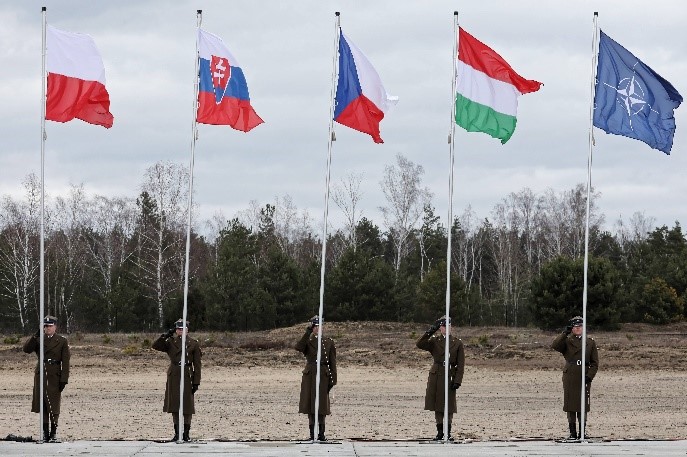
The Position of the V4 in Terms of Security Challenges Threatening the European Union
Following the migration crisis period, the Visegrad countries have formed a close union to protect their interests. However, the work within the V4 had become more intensive even before the 2015 events.
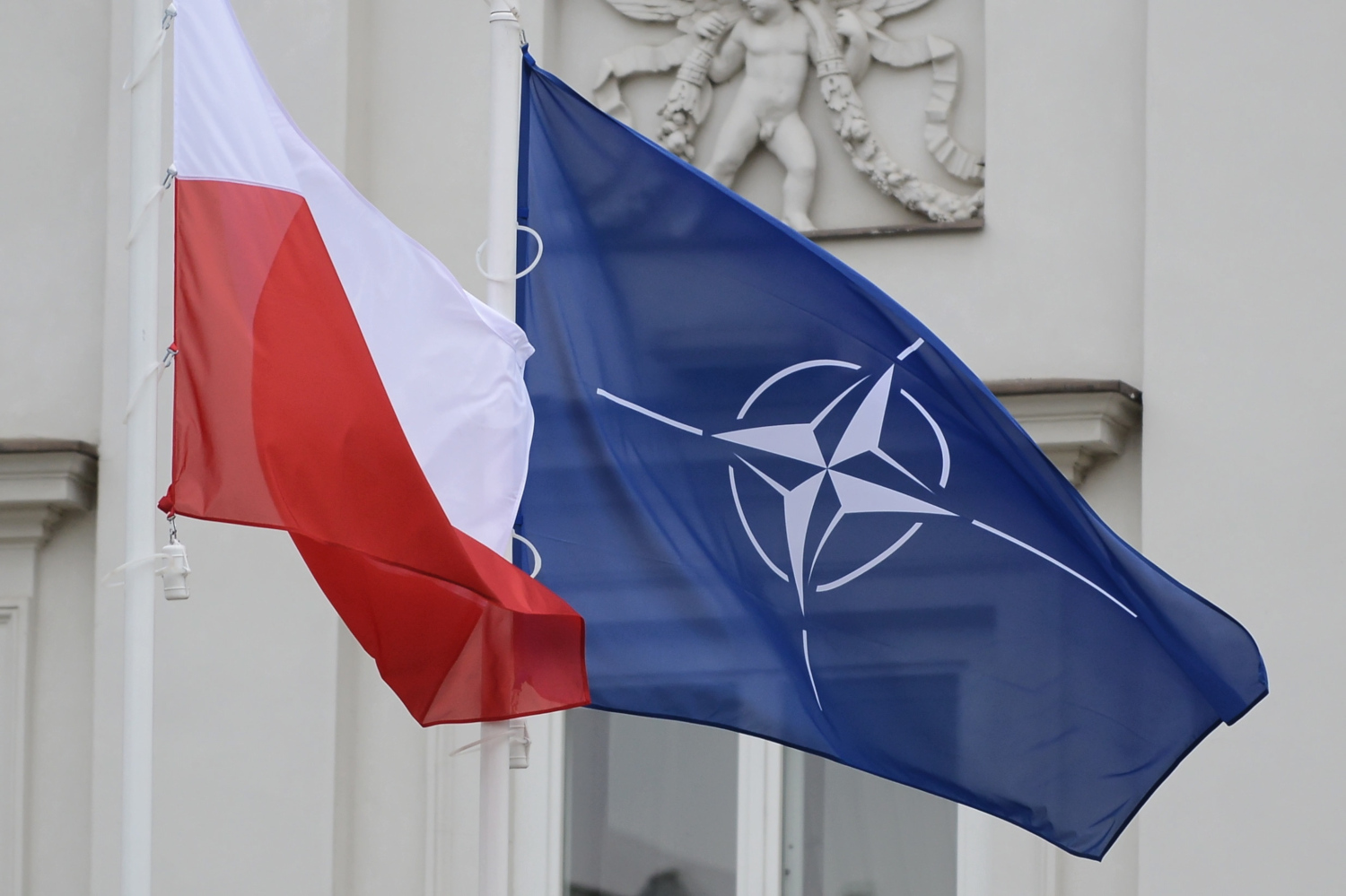
Poland First – Poland’s prescription for hard times
Poland is continuously benefiting from the guarantee of Article 5 of the North Atlantic Treaty, renowned for assuring the help of allies in case of an attack on its territory. However, increasingly uncertain times seem impending, therein compelling Poland to reach for additional protective measures.
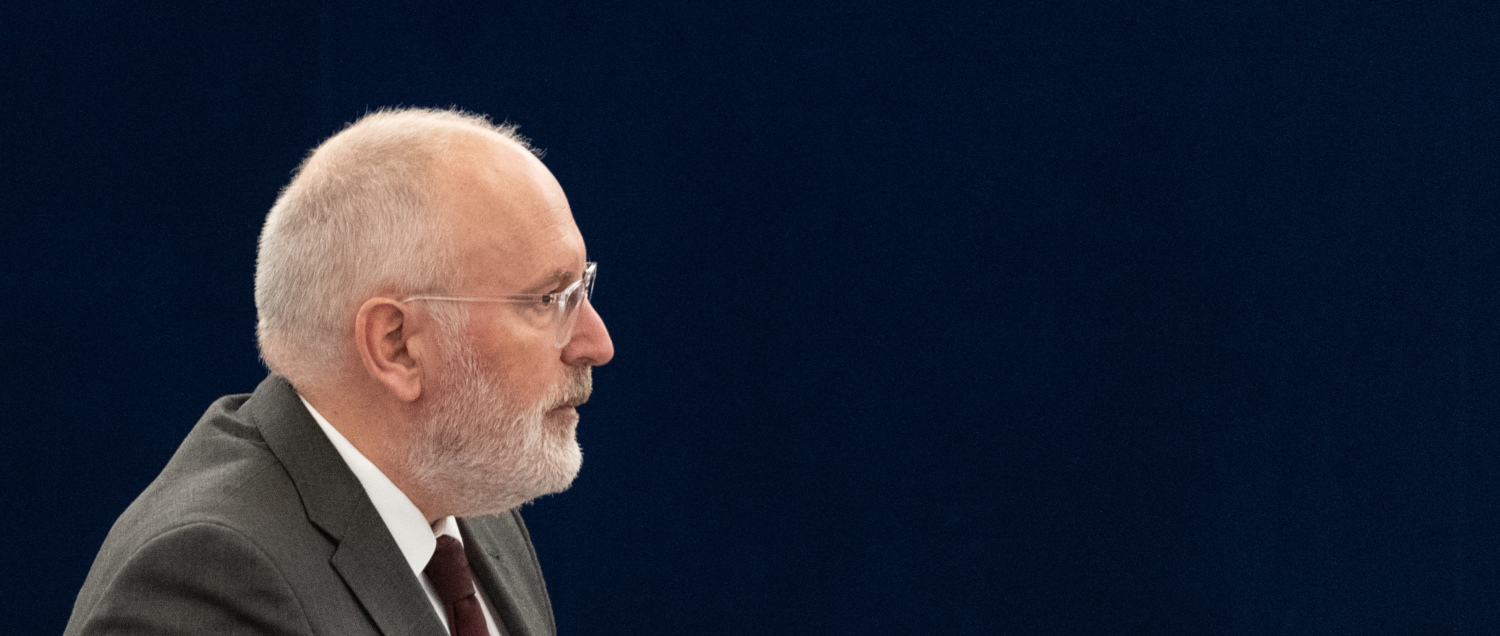
The European Union will be better off without Frans Timmermans
One can assert, without too much doubt, that during the post-electoral phase, in which the European community fills in the most important EU positions, a political storm had passed that turned many otherwise intricately arranged tables upside down.
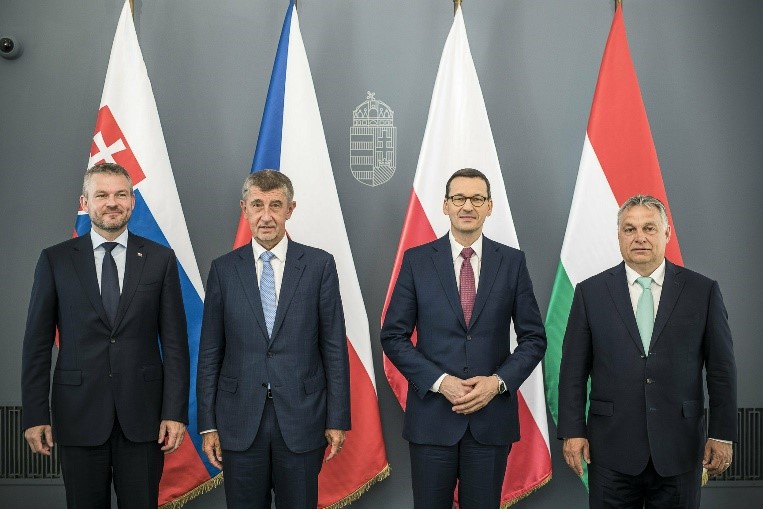
V4 in Changeful Espionage
Albeit intelligence sharing is a praised notion, leverage-eliciting information is still exchanged for something else.

US military presence in Poland from the regional perspective and potential Czech contribution
Motto: The central importance of codified doctrine lies not only in the particular way it can animate and optimize national military forces, but also in the efficient manner by which it can transmit messages to the adversary.
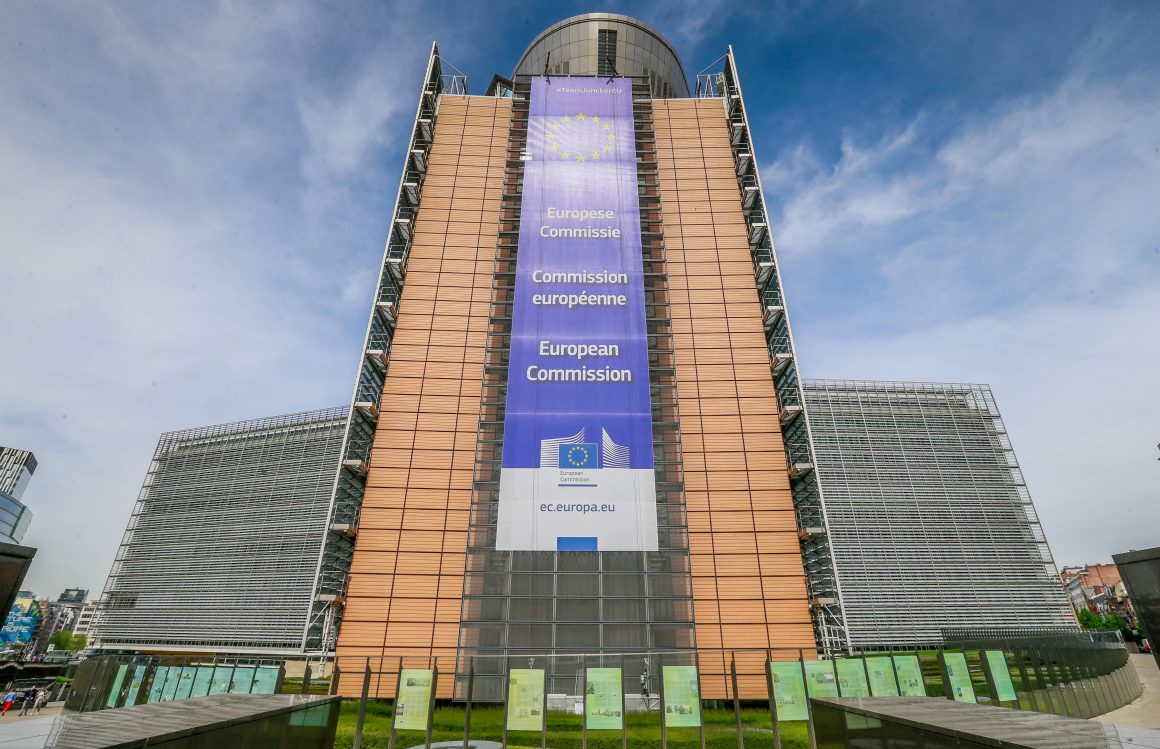
New Challenges in Central European Foreign Policy
The coming months will be a tough challenge in this dangerous time for Central European countries. Decisions taken by some capitals will define for many years the critical directions of development and the region’s position in the international arena.
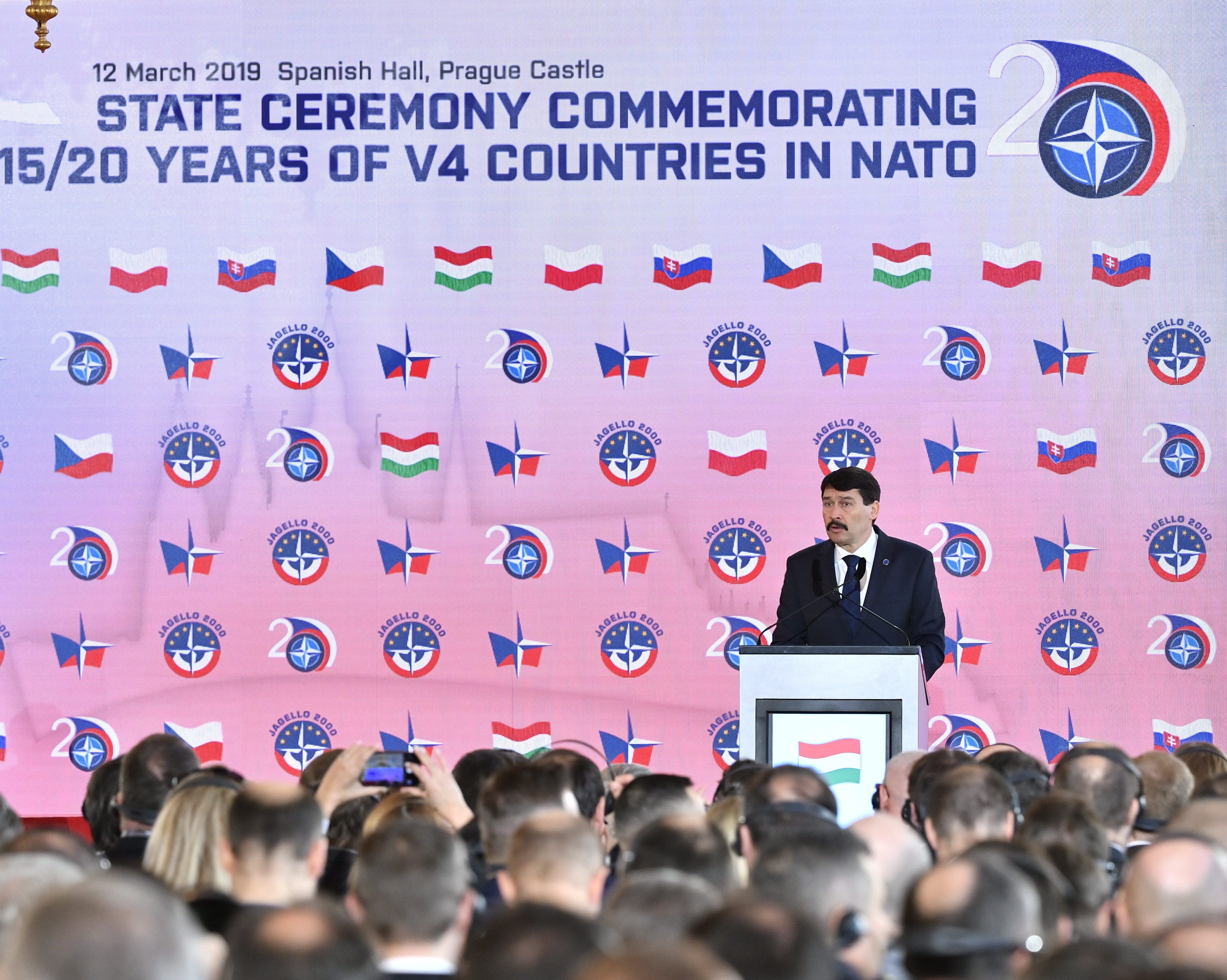
Visegrad Four Defense Cooperation: Years of Missed Opportunities
Since the establishment of the Visegrad Four in the early 1990s, most of the leaders and experts expected that, due to similar situations in almost all areas of life in those countries, the cooperation of V4 countries would naturally flourish in all domains, including the areas of security and defense. Since all V4 countries have Warsaw pact armies’ heritage and the same desire of Euro-Atlantic integration, their significant projects in the area of defense were expected to become successful.

Apparent Revolution – Presidential Elections in Ukraine
The results of the presidential elections in Ukraine are not so much a victory of Volodymyr Zelensky as much as the defeat of Petro Poroshenko. President Poroshenko was unable to make the election into a war plebiscite. Zelensky’s narrative dominated; a referendum on Ukraine’s leadership for the last five years. The defeat of Poroshenko signifies only shifts within the oligarchic system, instead of its defeat.
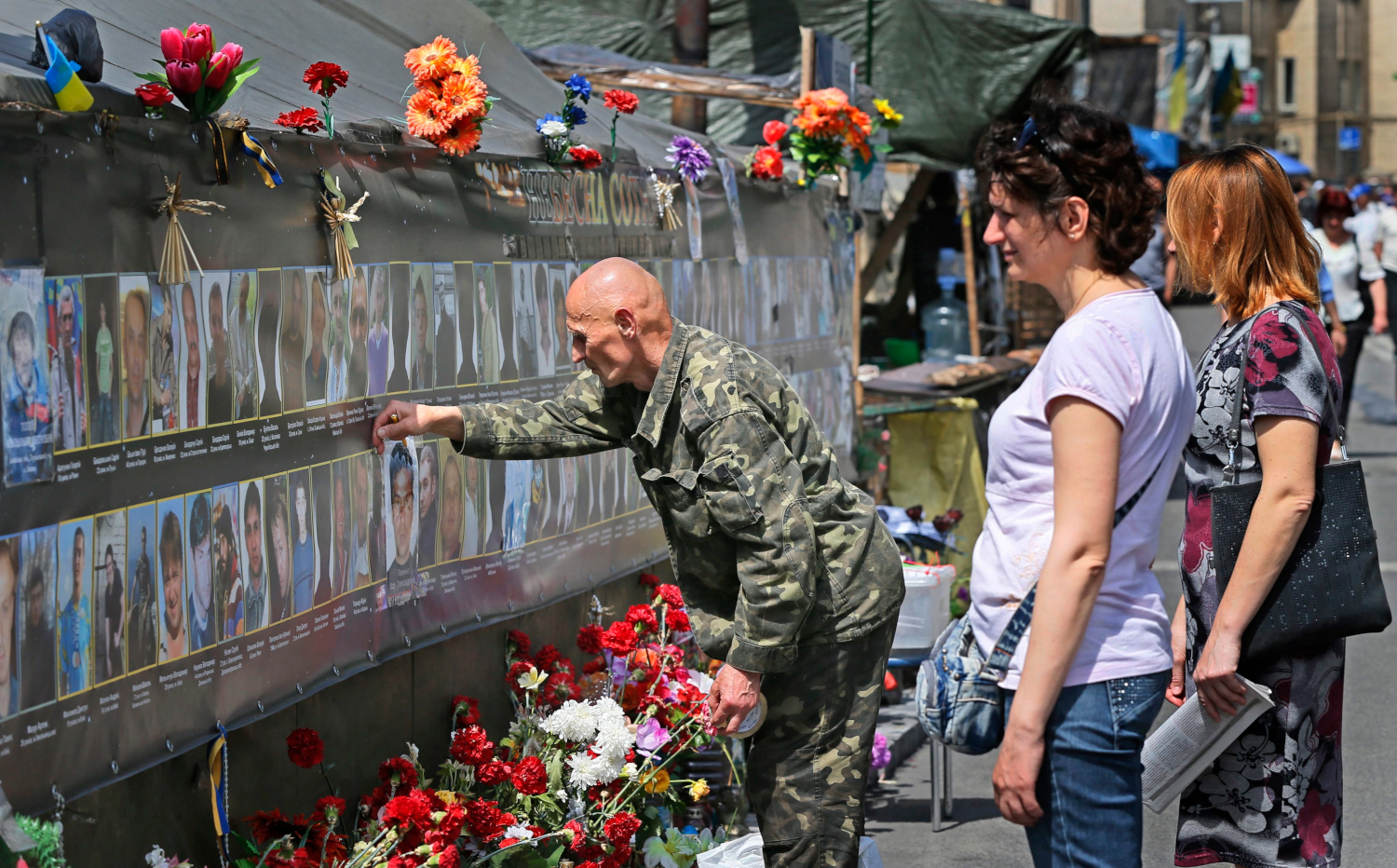
The Crimean Factor: How the European Union Reacted to Russia’s Annexation of Crimea
The current level of rather distanced relations between the European Union and Russia started to take shape five years ago. Russia’s continuing disregard for international law, aggression against Ukraine, and hostile activities against Western countries have resulted in policies of sanctions and other restrictions.
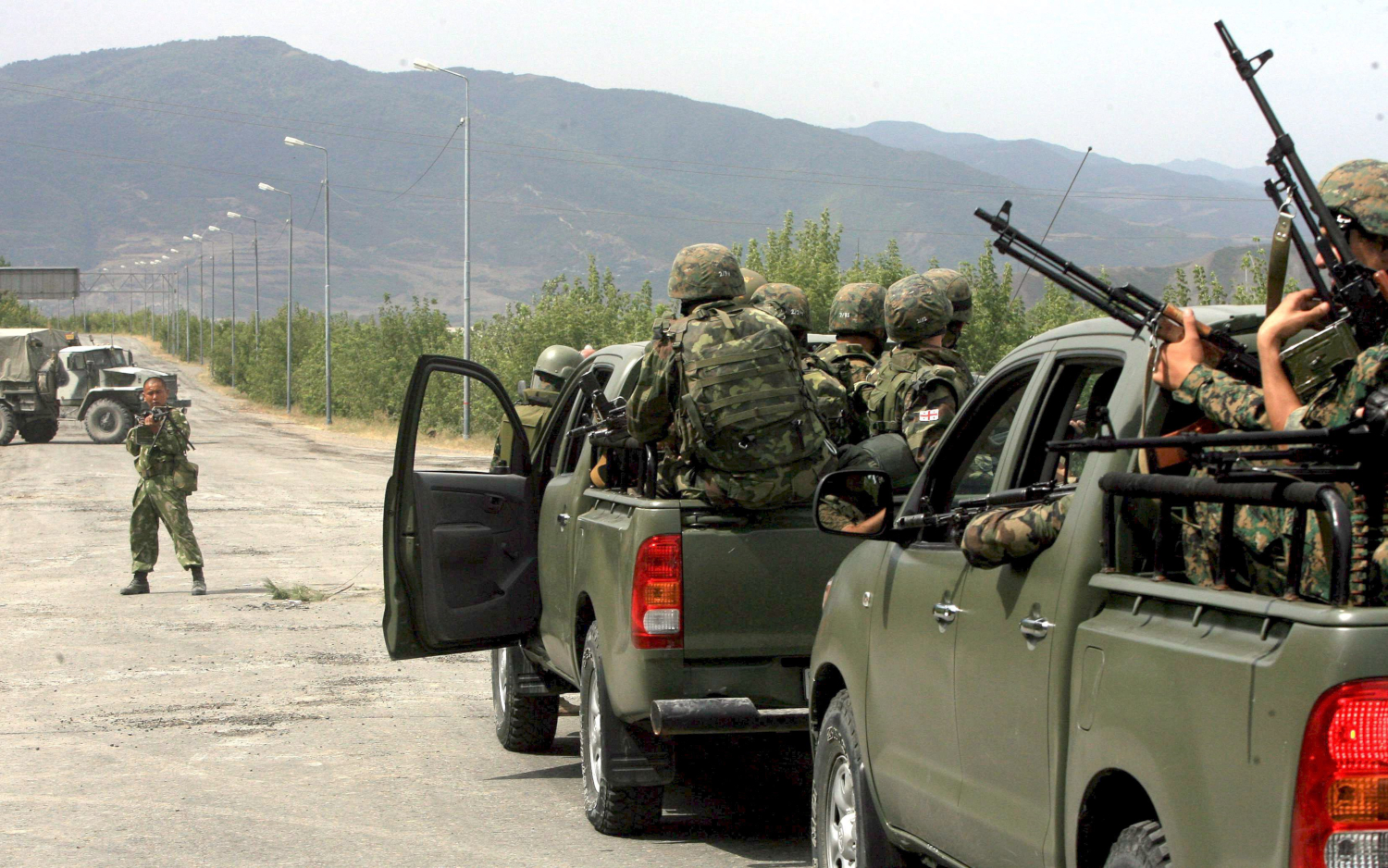
How Central European Countries Counter the Kremlin’s Hostile Actions: the Czech Republic’s and Poland’s Unfulfilled Potential
The Visegrad countries cannot find common ground in their attitude towards Russia, which is still disrupting international order and interfering in the domestic affairs of European countries.

Cooperation Between the Visegrad Countries Regarding Counter-Extremism Operations
With Western European states falling victim to jihadist terrorist attacks every few months, the extremist scene in the Czech Republic, Hungary, Poland, and Slovakia (the V4 states) appears to be comparably calm. Despite this, the V4 states are not immune to the threat of extremism and terrorism and must possess well-developed counter-measures. At a time when all four V4 states are threatened by similar forms of extremism and cannot easily find common ground with other states in the EU, they should expand counter-extremism cooperation at the V4 level.
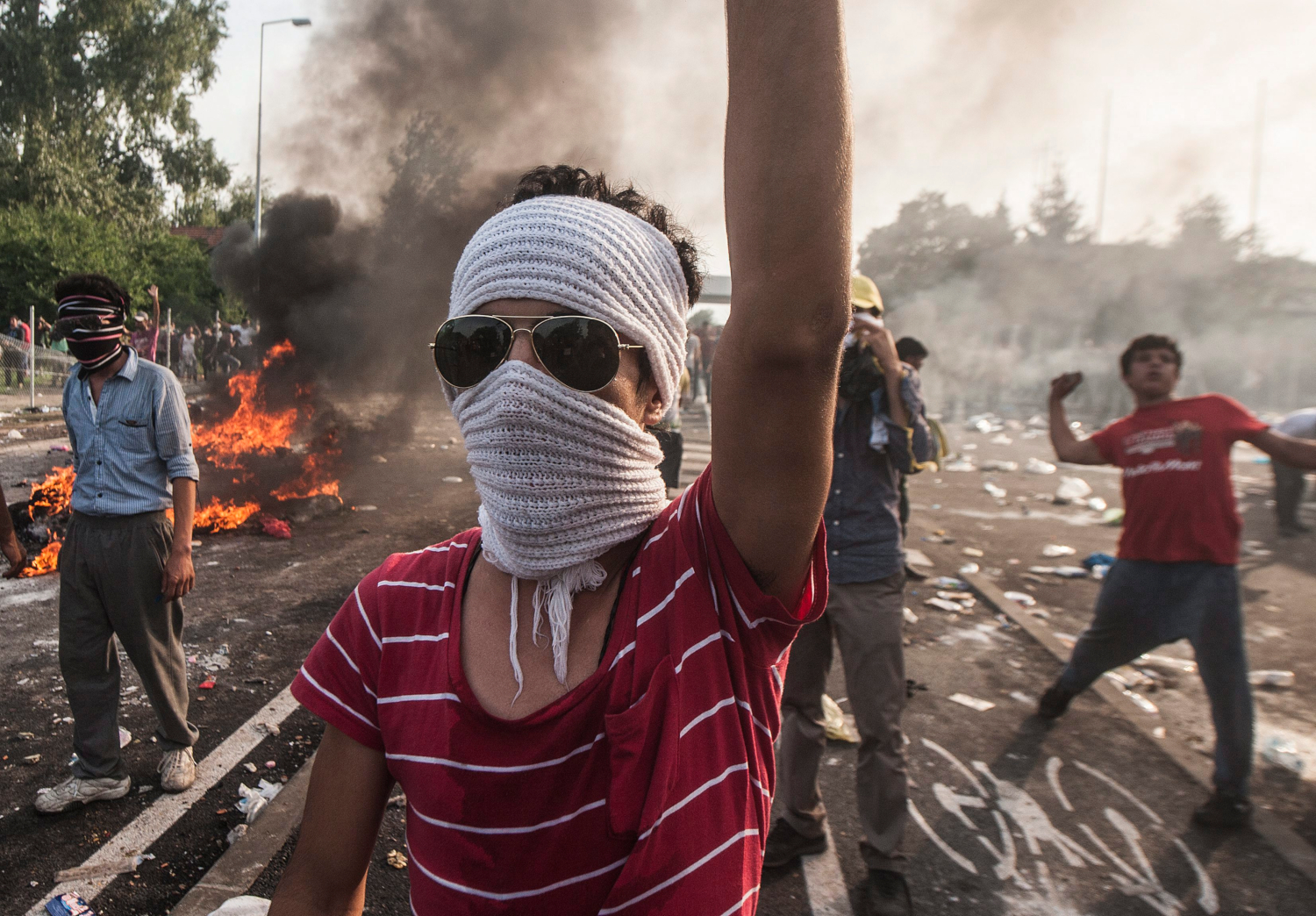
Visegrad Group and Prevention of Mass Irregular Immigration to Europe
The Visegrad Group’s approach to migration is often described by West European journalists, intellectuals and politicians as nationalistic, populistic and xenophobic. This narrative contributes to the view that the post-communist societies of Central and Eastern Europe are somehow uncivilized, backward and underdeveloped.

Expenditure on cybersecurity of the Visegrad Group countries
Nowadays, cyber threats have become increasingly strategic in nature, covering all activities of the state, including its security and defense system.
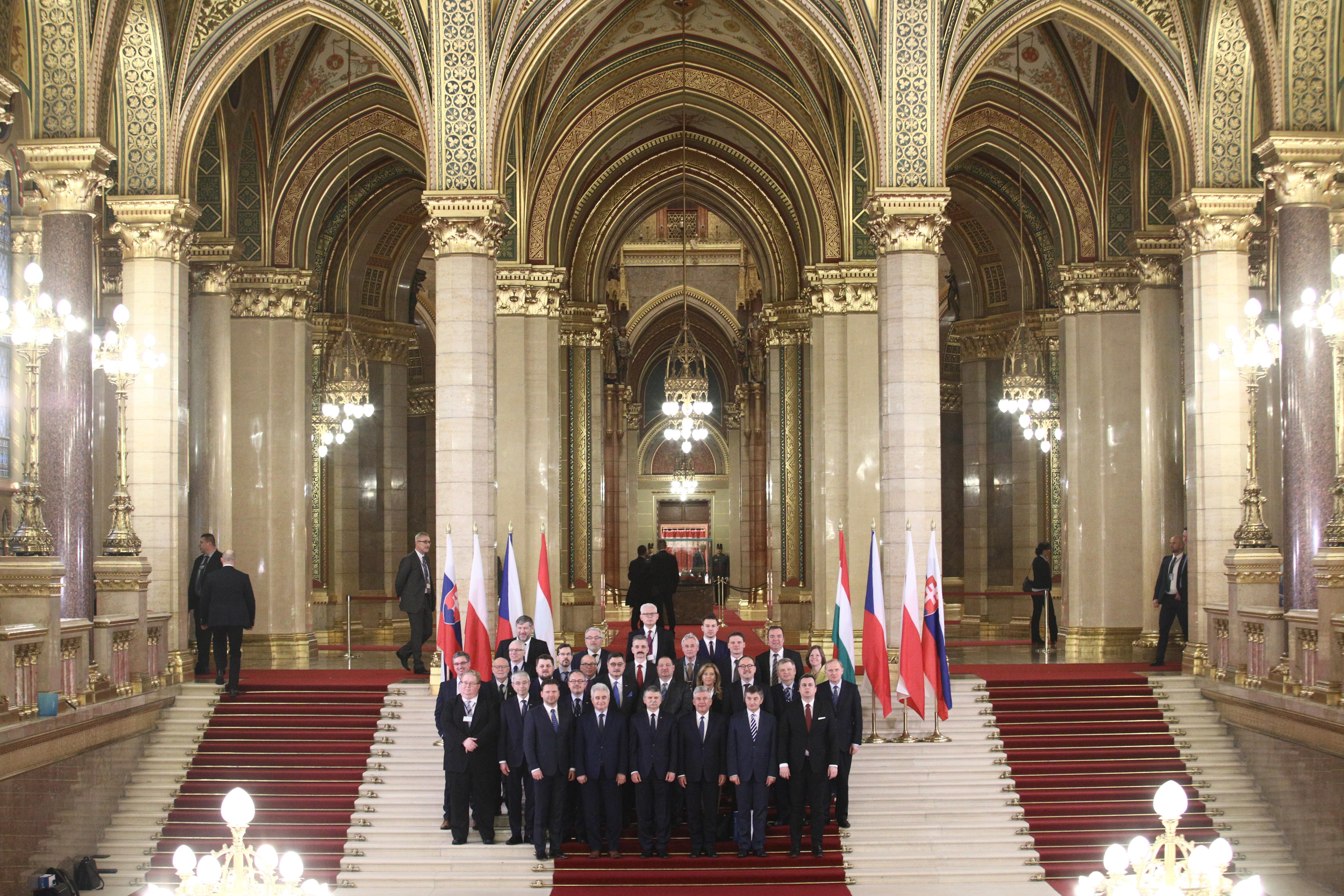
V4 countries towards Russian aggression against Ukraine
The establishment of the Visegrad Group was a response to the new challenges that Poland, Czechoslovakia, and Hungary faced after another European spring of nations.

The Visegrad Group in the security architecture of Europe
While attempting to understand the role of the Visegrad Four (V4) in the security policy of Central Europe or, more broadly – the North Atlantic Treaty, it should not be forgotten that the Visegrad Group is a strictly political and not defensive project.
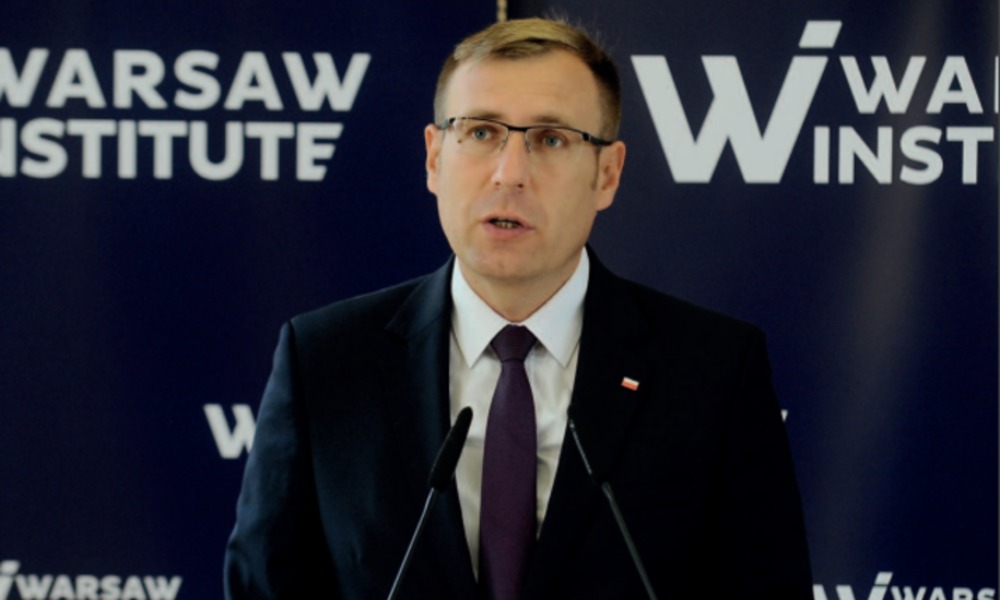
V4: “It’s good to be among friends”
The Visegrad Group is proof that it is possible to create friendly ties in international politics. These ties connect Poland, the Czech Republic, Slovakia, and Hungary – the Visegrád Four (V4). The strong relationships are built on newer and older common history, a shared geographical neighborhood, vivid contacts – both social and sometimes even familial, economic cooperation – but above all, an awareness of our common interests.




















